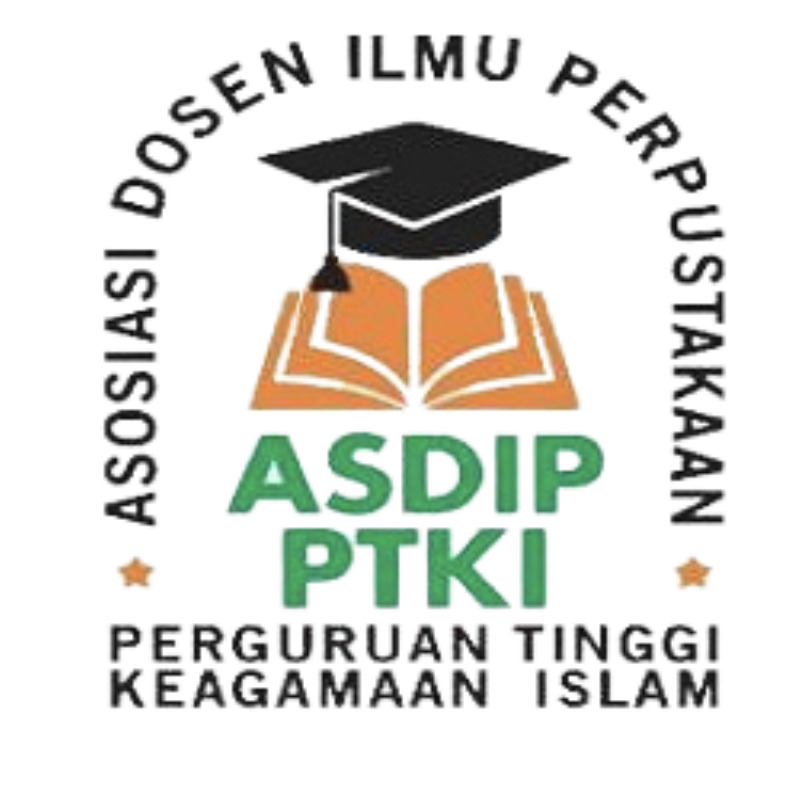Analisis Kegiatan Alih Media Koleksi Ke Bentuk Digital Sebagai Upaya Pelestarian Di Perpustakaan Diplomasi Kementerian Luar Negeri
DOI:
https://doi.org/10.29240/tik.v8i1.9244Keywords:
Media transfer, collection and preservationAbstract
Transferring collection media to digital form is an activity that plays an important role in preserving the nation's cultural wealth by transferring its original form to digital media. The aim of this research is to understand the process of media transfer activities at the Diplomacy Library and identify the obstacles faced during the implementation of this activity. This research adopted a descriptive qualitative method involving observation, interviews and documentation. Data processing and analysis includes data reduction steps, data presentation, and drawing conclusions. The research results show that this media transfer activity is very important for collection preservation activities. Media transfer activities at the Diplomacy Library refer to the guidelines in the National Library of the Republic of Indonesia, because there are no special Standard Operating Procedures (SOP) created for the library. The main obstacle faced by the Diplomacy Library is the lack of human resources (HR) involved in managing media transfer activities. Therefore, to maintain the continuity of collection media transfer activities in diplomatic libraries, special attention is needed to human resource management in the future.
Keywords: Media transfer, collection and preservation
Downloads
References
Absor, U. (2020). Peran Alih Media dalam Melestarikan Koleksi Perpustakaan: Studi Kasus Alih Media di UPT Perpustakaan Universitas Dian Nuswantoro Semarang. Jurnal Adabiya, 20(2), 21. https://doi.org/10.22373/adabiya.v20i2.7433
Basuki, S. (1991). Pengantar ilmu perpustakaan. Gramedia Pustaka Utama.
Dureau, J. . (1990). Dasar-dasar pelestarian dan pengawetan bahan pustaka. Perpustakaan Nasional RI.
Fadhlullah, M. F., & Christiani, L. (2017). Analisis Kegiatan Alih Media Digital Sebagai Upaya Pelestarian Koleksi Local Content di UPT Perpustakaan Proklamator Bung Hatta. E-Journal UNDIP, 6(3), 681–690. https://garuda.ristekbrin.go.id/documents/detail/1439103 diakses pada tanggal 04 mei 2021 pukul 11.23 WIB
Hendrawati, T. (2014). Pedoman pembuatan e-book dan standar alih media. Perpustakaan Nasional RI.
Heriyanto, A. dan. (2013). Efektivitas Pemanfaatan Koleksi Alih Media Di Layanan Deposit Perpustakaan Daerah Jawa Tengah. Ilmu Perpustakaan, 2, 1–9. http: http://ejournal-s1.undip.ac.id/index.php/jip
Ibrahim, A. (2013). Perawatan dan Pelestarian Bahan Pustaka. Khizanah Al-Hikmah : Jurnal Ilmu Perpustakaan, Informasi, Dan Kearsipan, 1(1 SE-Articles), 77–90. https://journal.uin-alauddin.ac.id/index.php/khizanah-al-hikmah/article/view/30
J.Moleong, L. (2014). Metode Penelitian Kualitatif , Edisi Revisi. PT Remaja Rosdakarya.
Mustofa. (2007). Alih Media dari Kaset Analog ke Dalam Bentuk Audio Digital Sebagai Strategi Preservasi (Studi Kasus di UPT Perpustakaan ISI Surakarta). 27, 344–352.
Narendra, A. P. (2016). Model Transformasi Media melalui Digitalisasi: Studi Kasus Alih Media Kartografi di Badan Arsip dan Perpustakaan Provinsi Jawa Tengah Media. 2, 1–23.
Putra, A. M., & Desriyeni, D. (2019). Sistem Alih Media pada Koleksi Khusus Bung Hatta di UPT Perpustakaan Proklamator Bung Hatta Bukittinggi. Ilmu Informasi Perpustakaan Dan Kearsipan, 8(1), 16. https://doi.org/10.24036/107293-0934
Saleh, A. R. (2010). Membangun perpustakaan digital : step by step. Sagung Seto.
Downloads
Published
Issue
Section
Citation Check
License
Authors who publish with Tik Ilmeu : Jurnal Ilmu Perpustakaan dan Informasi agree to the following terms:
- Authors retain copyright and grant the journal right of first publication with the work simultaneously licensed under a Creative Commons Attribution-NonCommercial-ShareAlike 4.0 International License (CC BY-NC-SA 4.0) that allows others to share the work with an acknowledgment of the work's authorship and initial publication in this journal.
- Authors are able to enter into separate, additional contractual arrangements for the non-exclusive distribution of the journal's published version of the work (e.g., post it to an institutional repository or publish it in a book), with an acknowledgment of its initial publication in this journal.
- Authors are permitted and encouraged to post their work online (e.g., in institutional repositories or on their website) prior to and during the submission process, as it can lead to productive exchanges, as well as earlier and greater citation of published work (See The Effect of Open Access).







 This work is licensed under a
This work is licensed under a 